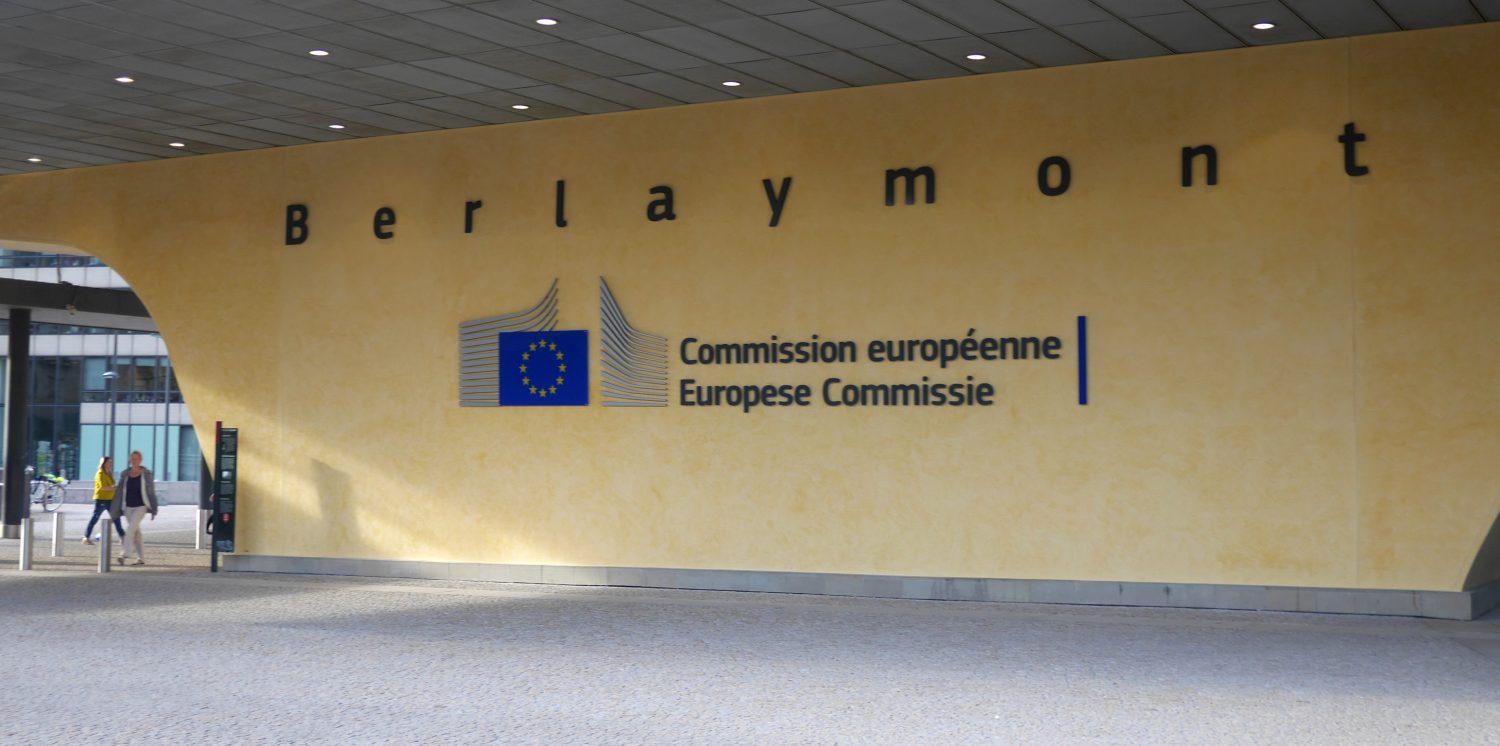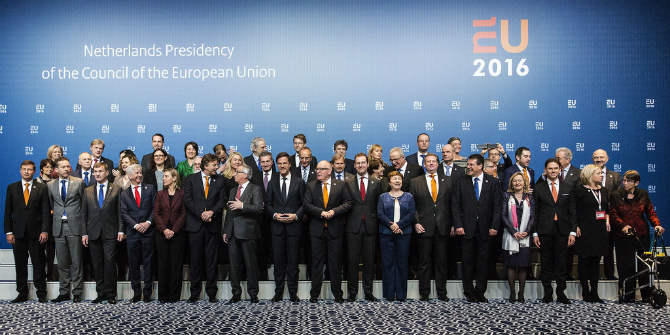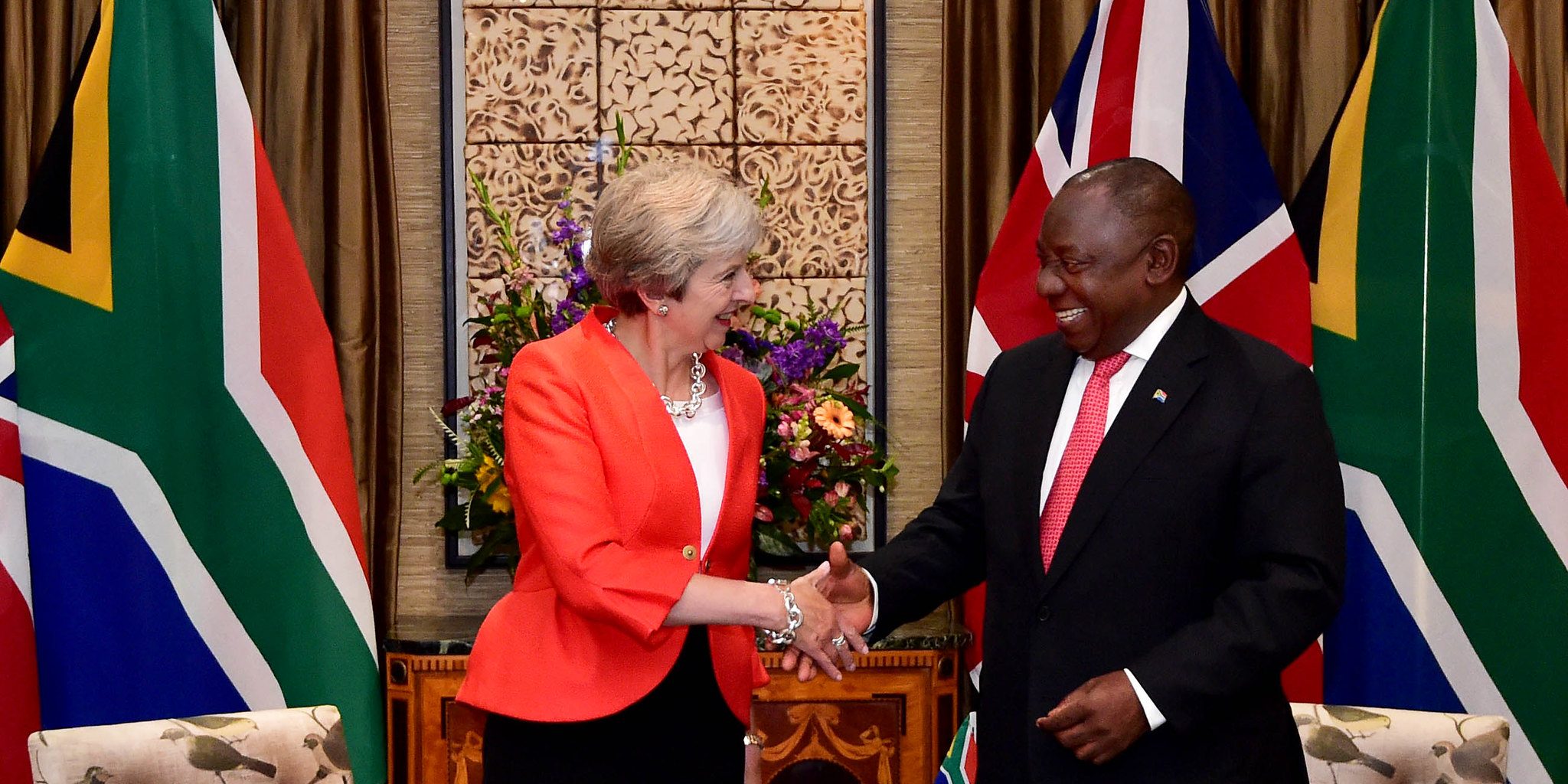While the UK economy is on course to suffer the worst COVID-19 damage of any OECD country, the prospect of a no-deal Brexit has re-emerged after four rounds of negotiation have stalled, write Ros Taylor and Roch Dunin-Wąsowicz (LSE).

There’s no sign of the government countenancing a Brexit extension yet – but full border checks when the transition period ends will now be scaled down. This will make for a ‘pragmatic and flexible approach’.
Welcome to the Britain’s self-inflicted post-Brexit unlevel playing field. Not so much take back control but abandon control and expose UK business to one-way free movement of goods. Telling that this is what now passes for good news. https://t.co/Fa7uoZIoTR
— Simon Nixon (@Simon_Nixon) June 12, 2020
The UK economy shrank 20.4% in April and the OECD predicts a decrease in the UK’s national income of 11.5% this year, which will outstrip the falls in all other western economies. Despite these forecasts, the lack of progress between the negotiating parties means no deal is a possibility. This would mean that more than half of the UK’s current imports from the EU would incur a 5.7 per cent tariff.
Talks will now be ‘intensified‘ and Boris Johnson will meet EU leaders on Monday 15 June. ‘Not met anyone EU-side who expects a breakthrough at the moment,’ says the BBC’s Katya Adler.
However, Whitehall and Berlaymont are not the only players in the game:
The European parliament could veto UK-EU trade deal, according to leaked resolution.
I know you’ve heard this one before, but here’s the twist…(thread)https://t.co/SPvFbUbUqk
— Jennifer Rankin (@JenniferMerode) June 10, 2020
However, as reported last week a compromise will probably be reached during Germany’s EU Council presidency – ‘when the cost of failure will become significantly more tangible’, as Sam Lowe writes for the CEU. In the meantime, some of the EU members most vulnerable to no deal, such as Ireland and Belgium, are pressing the European Commission to update its COVID-19 tumults to take account of Brexit.
The UK in a Changing Europe has a meaty new report about fisheries and Brexit. Cod be a good read.
On LSE Brexit
The Brexit divide may have an indirect effect on the phenomenon of lockdown scepticism, writes Patrick Sturgis, Jonathan Jackson and Jouni Kuha:
‘It means Europeans aren’t at the front of the queue’: beyond the liberal/ cosmopolitan divide
Brexit thinking, and indeed the immediate material consequences of that decision, stymied the government’s response to the virus, at a great human cost, writes Jonathan Hopkin:
Brexit thinking poisoned the government’s response to COVID-19
Finally, a reminder of happier days:
Brexit will not affect your summer holiday to the EU, Britons told https://t.co/8LOgqpLUDf
— SkyNews (@SkyNews) January 17, 2020
Image: “European Commission – Berlaymont” (CC BY 2.0) by libereurope.






